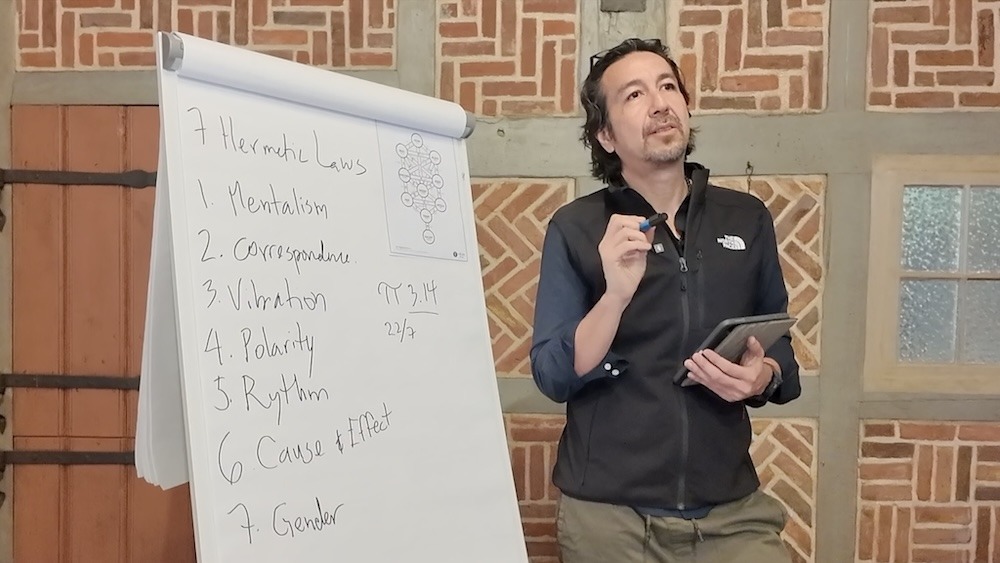In the realm of psychotherapy, we often emphasize the importance of understanding and empathizing with our clients. However, a critical aspect that sometimes gets overlooked is the practice of self-skepticism. By applying the suspension of judgment, therapists can foster a more open, flexible, and effective therapeutic environment. This article explores the concept of self-skepticism, its benefits in psychotherapy, and practical ways to implement it.
What is Self-Skepticism?
Self-skepticism involves questioning the certainty with which we hold our beliefs, methods, and assumptions. This concept, rooted in philosophical skepticism, encourages us to suspend our judgments and remain open to new perspectives and possibilities. By doing so, we can avoid the pitfalls of dogmatism and foster a more nuanced and adaptable approach to therapy.
The Importance of Self-Skepticism in Psychotherapy
Enhances Flexibility and Open-Mindedness
In psychotherapy, rigidity in thinking can limit our ability to effectively respond to the unique needs of each client. By practicing self-skepticism, therapists can cultivate flexibility and open-mindedness, allowing them to consider a broader range of therapeutic approaches and interventions.
Reduces Bias and Prejudice
Self-skepticism helps therapists become more aware of their biases and preconceived notions. By suspending judgment, we can approach each client with a fresh perspective, free from the influence of our own ideologies and past experiences. This leads to a more authentic and empathetic therapeutic relationship.
Promotes Continuous Learning and Growth
The practice of self-skepticism encourages ongoing learning and professional development. By remaining open to new ideas and questioning our established methods, we can stay informed about the latest research and advancements in psychotherapy. This commitment to growth benefits both the therapist and the client.
Practical Applications of Self-Skepticism in Therapy
Questioning Established Methods
Instead of assuming that a particular therapeutic approach is always the best, ask yourself, “What other techniques might be beneficial in this specific case?” Exploring combinations of approaches or new strategies can lead to more effective and personalized therapy.
Engaging in Reflective Listening
When a client shares their story, resist the urge to interpret it immediately through your own lens. Instead, ask open-ended questions like, “How does that make you feel?” or “What does that mean to you?” This fosters a deeper and more genuine understanding of the client’s experience.
Challenging Personal Beliefs
If you find yourself dismissing an idea because it falls outside your own beliefs, take a moment to reflect: “What evidence might make me reconsider this perspective?” Being open to new research and approaches can enhance your effectiveness as a therapist.
Embracing Uncertainty
Recognize that not all questions have clear or definitive answers. Embracing uncertainty allows for a more explorative and less judgmental approach, fostering a therapeutic environment where clients feel safe to express themselves without fear of being judged.
Conclusion
Incorporating self-skepticism into psychotherapy is not about abandoning what we know but about enriching our practice with an attitude of curiosity and openness. By suspending judgment and embracing self-skepticism, therapists can enhance their flexibility, reduce biases, and promote continuous growth. This approach ultimately leads to more effective and empathetic therapy, benefiting both therapists and their clients.
Tags: self-skepticism, psychotherapy, suspension of judgment, therapeutic flexibility, open-mindedness in therapy, bias in psychotherapy, continuous learning for therapists







